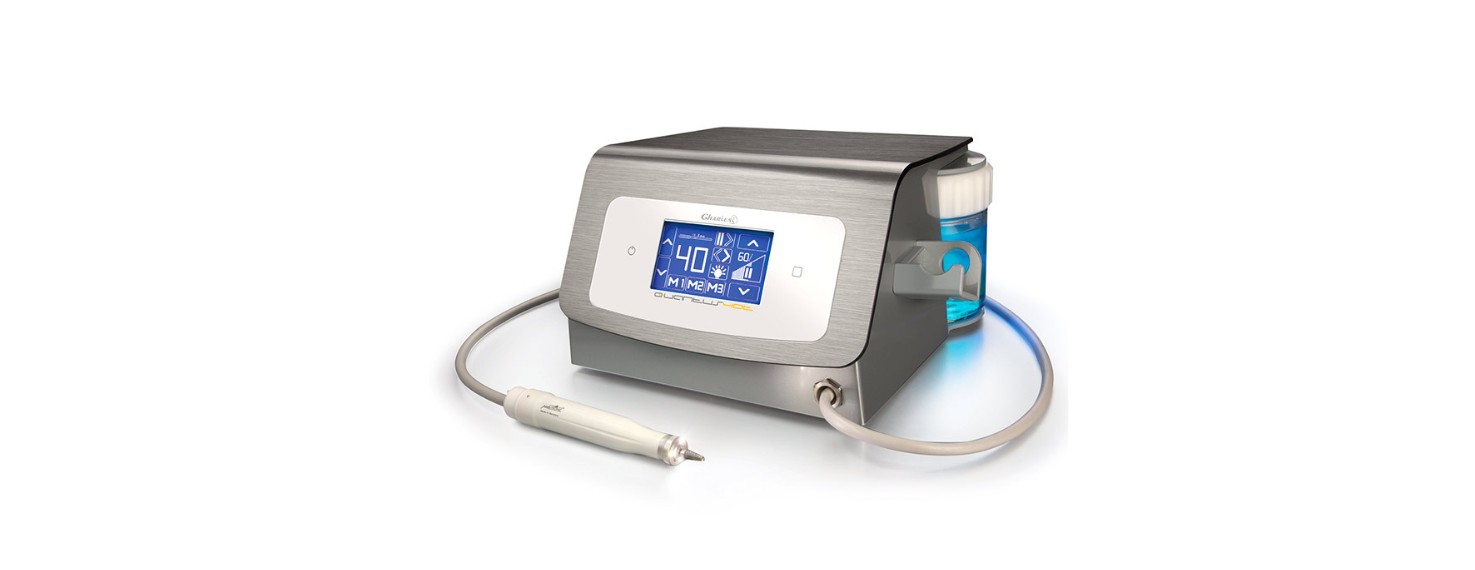Understanding Your Skin
A dermatological skin analysis gives us essential insights into your skin’s physiology. These include your skin type (oily, dry, sensitive, or combination), the condition of the skin barrier, firmness, wrinkle patterns, pore size, sebum production, and hydration levels. It also detects redness, UV damage, and deeper pigment irregularities. The analysis may provide early clues to allergies, chronic skin conditions, or inflammatory processes.
Why a Detailed Skin Analysis Matters
A precise analysis helps identify early risk factors for skin cancer, barrier dysfunction, inflammatory skin diseases, or pigmentation disorders. It also ensures that any treatment is tailored to your specific needs — from laser therapy and chemical peels to microneedling, biostimulators, and cosmetic procedures. Follow-up analyses allow us to monitor how your skin responds over time.
Book your professional skin analysis and personal consultation at Swiss Derma Clinic in Zurich.
Skin Analysis Methods
Visual and tactile examination
Our dermatologists assess your skin under optimal lighting conditions. They evaluate firmness, skin tone, and type. Often, an experienced eye is enough to detect the skin’s primary needs.
Dermatoscopy (when indicated)
Used for detailed assessment of pigmentation, vascular changes, or flat lesions. It’s especially crucial when evaluating suspicious areas.
Skin barrier testing
We use diagnostic devices to measure pH, moisture levels, transepidermal water loss (TEWL), and sebum production — all key indicators of your skin barrier’s integrity.
When is a Skin Analysis Recommended?
➔ Persistent skin issues such as acne, eczema, or redness
➔ Irregular pigmentation
➔ Suspected allergies or intolerances
➔ Assessment of skin aging and damage prevention
➔ In cases of actinic keratosis — to analyze vascularization, tissue volume, and microcirculation
Procedure & Consultation
The skin analysis is part of your personal consultation at our Zurich clinic. We consider both medical and aesthetic-cosmetic criteria. Together, we determine the optimal skincare routine, discuss suitable medical or cosmetic treatments, and create a long-term plan for maintaining your skin health.

